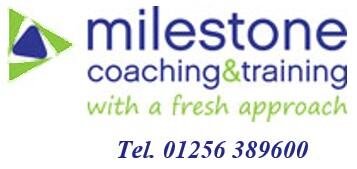Here’s a question for you..…
Why do you love those in your life that you love? Why are you best friends with your best friends? What is it about those people that you especially like? Is it what they have achieved, what material items they have, how successful they are in their career? Or is it more about ‘who’ they are; their qualities, their values, their sense of humour, their kindness, their energy, their view of the world? I am guessing it is the latter?
Now I ask you about yourself. How do you decide whether you are a worthy person? Do you appraise yourself for who you are; your qualities and strengths, your kindness, your sense of humour, your caring nature, or is your self worth based more on what you have achieved, your career success (or possibly lack), the car you drive, your house, and so on. It is the latter?
I often see in clients, particularly those struggling with low self worth, that they choose their friendships and relationships on the basis of the person's values, personality traits, and character strengths. Yet, when they talk about themselves and explore their self worth, they are much more likely to base it on what they've achieved in life, or what they have, rather than who they are. Clients struggling with low self worth often hold the belief or have assessed that they've “failed in their role,” and are not very successful, they feel they are not very bright, haven’t managed to get a nice enough house, or drive an impressive enough car. Their self worth and confidence are based much more on those measures, than on the criteria they use for their friendships and relationships.
Why is that? It is a far harsher measure and actually, when we strip it down, those things are far less important - but this is so common. Many people focus on their perceived weaknesses instead of their character strengths, and conversely on their friends and loved ones’ strengths, but are blind to their weaknesses (thankfully!) - or at least are much more forgiving of them than of their own weaknesses.
But if we only focus on our failings then we will only see our weaknesses, and then that low self-esteem seeps into everything we do. But when we focus on our strengths, our inner qualities and on ‘who’ we are, rather than what we have achieved, life improves significantly on both personal and professional levels.
This is why the most successful people in the world focus on their strengths. They know (and have sometimes learned the hard way) that focusing on their weaknesses will only stop them from reaching their goals.
What do you focus on? Do you need to change the focus and re-evaluate how you appraise and measure yourself for greater success and for increased self worth?






